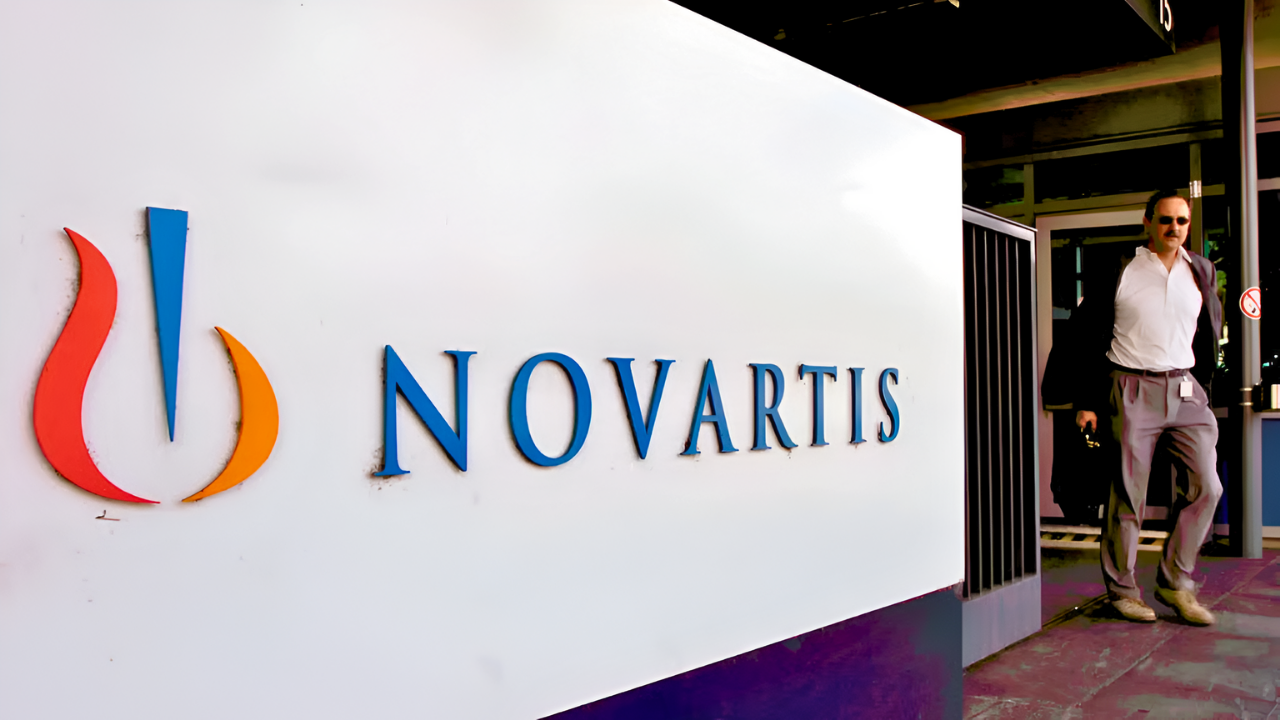
In a bold move, Novartis has announced a $771 million investment in North Carolina, a decision that will reshape the state’s biopharma industry. This massive infusion of capital promises to create 700 new jobs, with the potential for over 3,000 indirect jobs along the supply chain.
The ripple effects will be felt across the local economy, making this a game-changer for the region. Novartis’s strategic expansion is poised to impact both the company and the state dramatically.
Expansion Stakes

The investment is part of Novartis’s broader strategy to bolster its U.S. manufacturing presence. North Carolina is now in the spotlight, with officials claiming that this move could transform the state into a major biopharma hub.
Local communities are eagerly watching as Novartis’s expansion promises 700 new jobs, offering an economic boost that could have a lasting impact. The deal sets the stage for further industry advancements in the area.
Industry Roots

North Carolina has long been recognized as a life sciences powerhouse. The Research Triangle region alone is home to over 650 life sciences operations, employing nearly 49,000 people.
Novartis’s investment strengthens the region’s reputation, adding its name to a list of industry giants that have thrived here for decades. This ongoing growth reflects the area’s deep commitment to advancing biopharma innovation.
Pressure Mounts

The demand for cutting-edge therapies and more resilient supply chains has led many pharma companies, including Novartis, to rethink their global strategies. The decision to expand U.S. manufacturing aligns with broader industry trends, where there’s increasing pressure to keep production closer to home.
Novartis’s move highlights the urgency felt by companies in the wake of a rapidly changing market. This shift toward domestic manufacturing is not just about cost savings—it’s about securing future success.
Deal Revealed

On November 19, 2025, Novartis unveiled its monumental $771 million investment, a plan that will introduce a new flagship manufacturing hub in Durham and Wake Counties, including Morrisville.
The project promises to create 700 new pharmaceutical jobs by 2030, marking a significant step forward for both the company and the state’s economic development.
Regional Impact
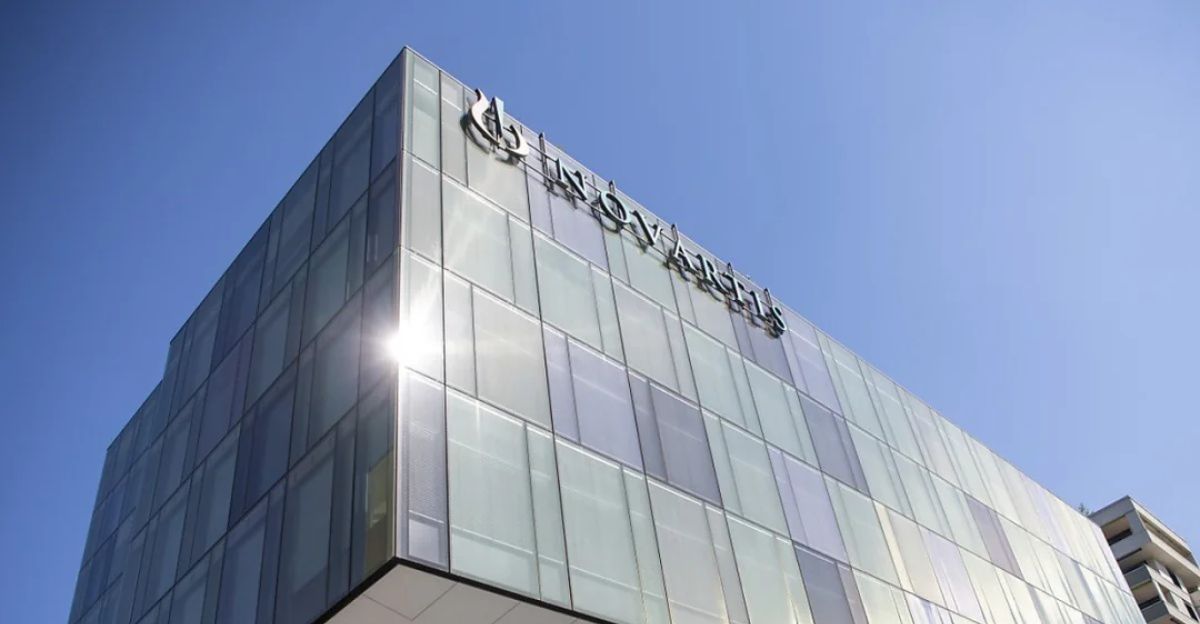
Located in Durham and Morrisville, the new facility will span over 700,000 square feet. It will include specialized buildings for biologics, sterile packaging, and solid dosage manufacturing.
This expansion will not only provide immediate job opportunities but is expected to attract further investments into the region’s biopharma sector. Local officials foresee long-term economic growth as a result of the project.
Human Lens
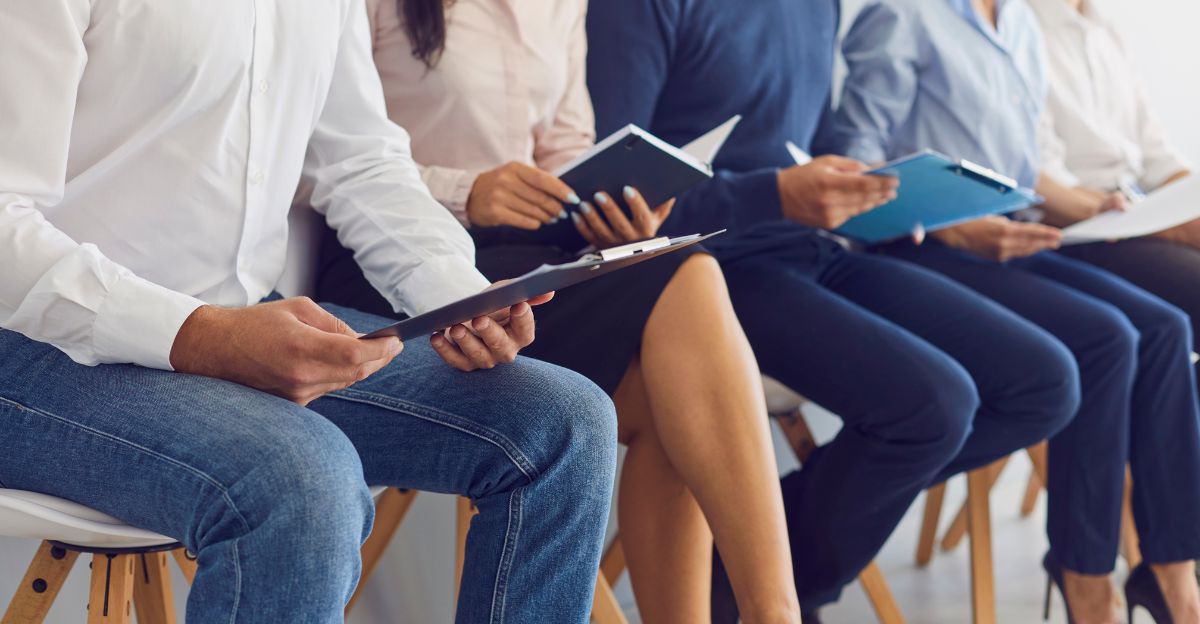
Community leaders have been vocal about their excitement over Novartis’s local hiring commitment. Officials from both Morrisville and Durham County have praised the company’s efforts to bring high-paying jobs to the area, especially in industries that do not require a four-year degree.
The project offers new career paths for local workers, many of whom are eager for stable, well-compensated employment opportunities. The addition of these jobs is expected to strengthen the region’s economic stability.
Competitor Moves
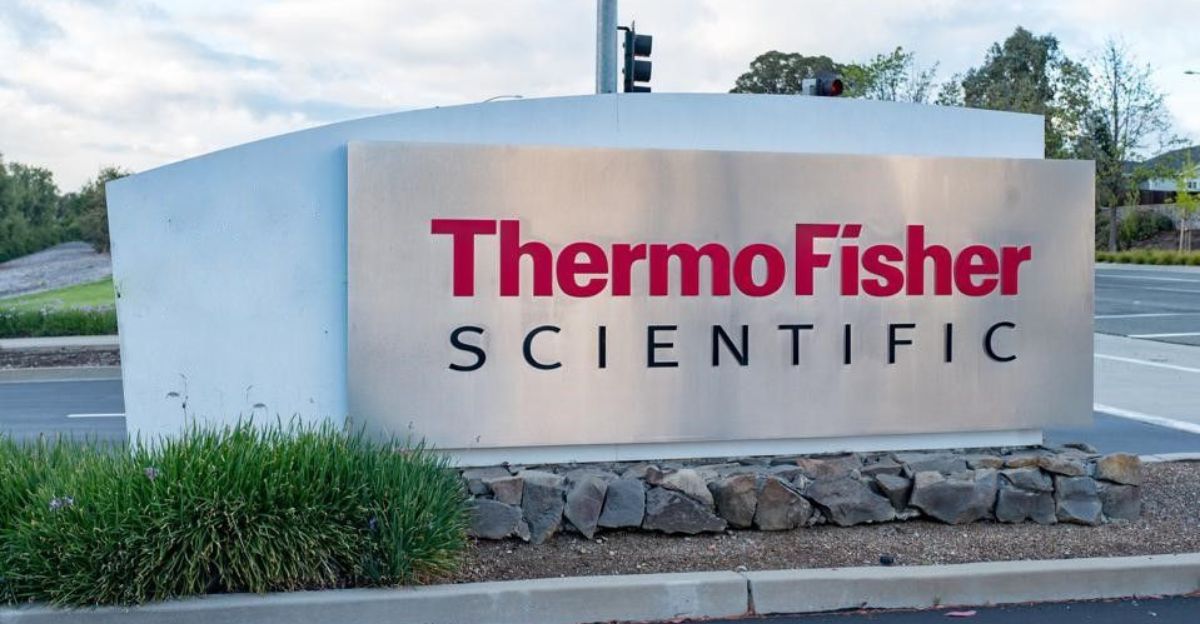
Novartis is not alone in its bid to expand U.S. manufacturing. Rival pharmaceutical companies, including Thermo Fisher and BioLife, are also investing in similar ventures.
As the competition heats up, companies are racing to secure talent and strengthen their supply chains to keep pace with the growing demand for pharmaceutical products. This growing demand has placed a premium on U.S. production.
Macro Trends

The U.S. biopharma sector is experiencing rapid growth, spurred by breakthroughs in gene therapy, immunology, and oncology. Novartis’s $771 million investment reflects a larger $23 billion commitment to U.S. infrastructure over five years.
This strategic move signals strong confidence in the future of the U.S. biopharma market. Novartis is positioning itself as a leader in the ever-expanding field of innovative healthcare.
Facility Expansion

In addition to the new hub, Novartis is expanding its existing gene therapy production facility in Durham. The new capabilities will focus on the sterile filling of biologics, enhancing production flexibility and accelerating timelines.
This expansion, alongside the new facilities, will give Novartis a competitive advantage in the fast-growing market for biologics. The company will now be able to meet demand more effectively while maintaining high-quality standards.
Stakeholder Tension
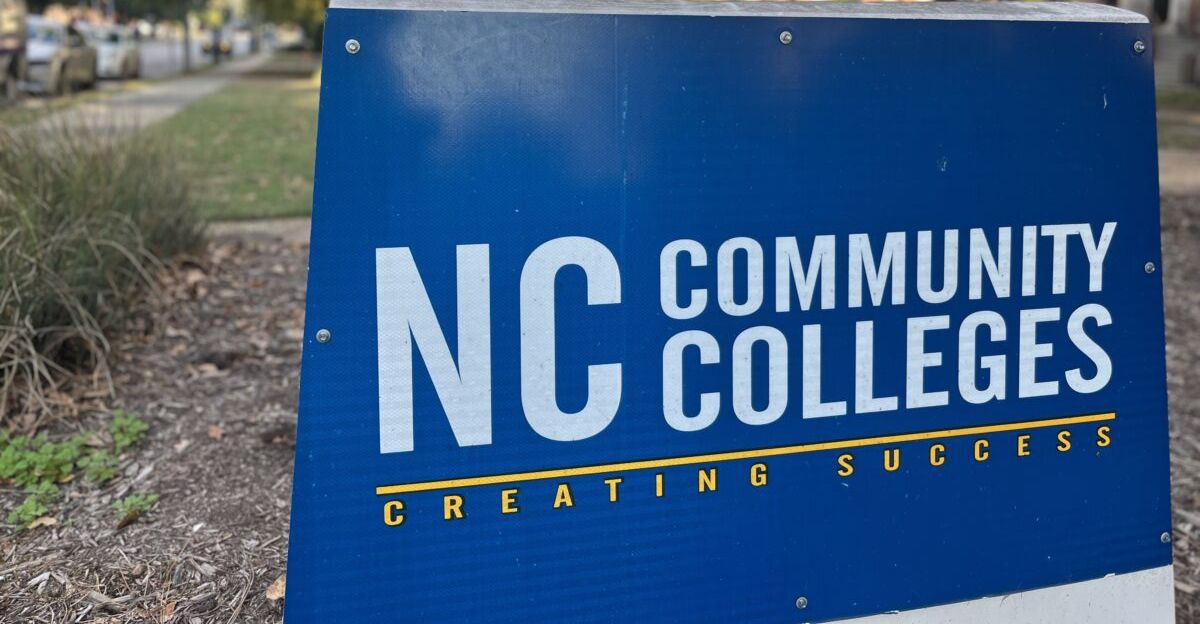
Despite the excitement surrounding the expansion, some local stakeholders have voiced concerns about workforce readiness and housing availability. To address these issues, the North Carolina Community College System is partnering with Durham and Wake Technical Community Colleges to ensure that local workers are prepared to meet the demands of the new jobs.
These efforts aim to equip local residents with the skills necessary to succeed in the biopharma sector. There is also a focus on ensuring that housing developments can accommodate the growing workforce.
Leadership Shift

Under the leadership of CEO Vas Narasimhan, Novartis has sharpened its focus on U.S. growth. The company’s push for domestic manufacturing and innovation reflects Narasimhan’s broader strategy to adapt to global challenges while bolstering the company’s footprint in key markets like the U.S.
Narasimhan’s vision for Novartis has been one of expansion, with a focus on long-term sustainability and resilience. The company’s commitment to U.S. manufacturing is a key component of this vision.
Comeback Plan

This expansion is part of Novartis’s long-term strategy to build an end-to-end manufacturing presence in the United States. By investing in domestic production, Novartis aims to enhance its supply chain resilience and reduce reliance on international production.
The company is positioning itself for future challenges in the biopharma sector, ensuring that it can remain competitive in an increasingly complex global market.
Expert Outlook

Industry experts remain optimistic about Novartis’s expansion, though they caution that there are execution risks. The market’s volatility, coupled with the complexities of ramping up production, could pose challenges.
While the facility is set to open by 2027, industry analysts will closely monitor progress to assess its long-term success. The ability to manage such a large-scale expansion will be crucial for Novartis’s future in the U.S. market.
Looking Ahead

With construction already underway, the facility is expected to begin operations in phases starting in 2027, with full-scale operations and the creation of 700 new jobs by the end of 2030.
This timeline promises to bring significant changes to the region’s biopharma landscape in the years ahead. The long-term impact of this expansion will be felt not only by Novartis but also by the entire local economy.
Policy Implications

Governor Josh Stein has praised Novartis’s commitment to North Carolina’s economic development goals. The state’s Economic Investment Committee has awarded a Job Development Investment Grant based on projected tax revenue and job growth.
This grant could reimburse up to $7.56 million over the next 12 years, further cementing the project’s economic impact. It’s a key part of North Carolina’s ongoing strategy to attract high-impact investments.
Global Ripple
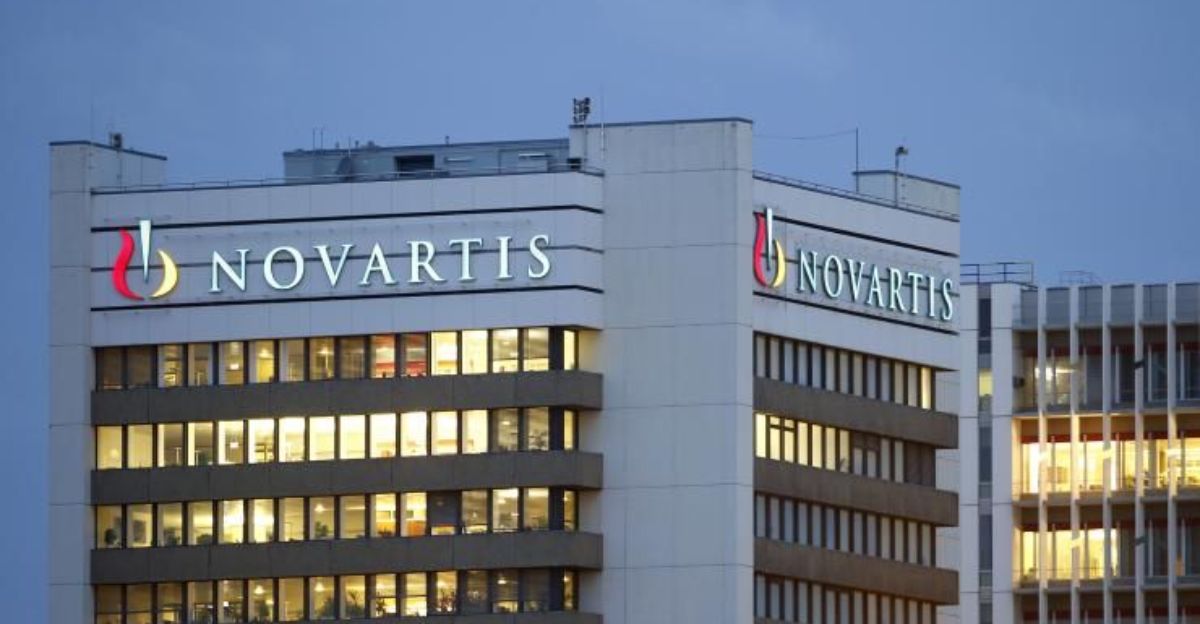
As Novartis strengthens its U.S. presence, the company is also restructuring operations in Switzerland. The closure of its Stein facility will result in the loss of 550 jobs, but Novartis is investing $80 million in its Schweizerhalle site near Basel to boost RNA treatment production.
This expansion will create 80 new jobs by 2028, marking a strategic reallocation of resources toward advanced therapies and U.S. manufacturing. Novartis is adapting to the shifting global healthcare landscape.
Environmental Angle

The new facilities will prioritize advanced manufacturing technologies and energy-efficient operations. Novartis’s commitment to innovation extends beyond pharmaceuticals, incorporating sustainability into its growth strategy.
The company is aligning with broader industry trends focused on energy efficiency and environmental stewardship. This commitment to sustainability underscores Novartis’s long-term vision for responsible manufacturing.
Cultural Shift

With Novartis’s investment, local perceptions of the pharmaceutical industry are shifting. Younger workers and recent graduates are now viewing manufacturing roles in a new light, seeing them as viable, well-paying career paths that offer long-term stability and economic growth.
The influx of pharmaceutical jobs is changing local economic expectations and offering opportunities for advancement that were previously unavailable in the region.
Broader Reflection

Novartis’s $771 million investment represents a turning point for North Carolina and the U.S. biopharma industry. As the region continues to embrace innovation, the shift reflects larger trends in global healthcare strategy.
This investment underscores the growing importance of building resilient, domestic supply chains in an increasingly complex world. Novartis’s commitment to the U.S. market is a significant reflection of future trends in biopharma and global healthcare.
Sources:
Novartis Official Press Release – “Novartis announces plans to build flagship manufacturing hub in North Carolina” (Corporate announcement, November 19, 2025)
North Carolina Governor’s Office Press Release – “Novartis to Expand U.S. Manufacturing Footprint in Durham and Wake Counties” (State government announcement, November 18-19, 2025)
Wake County Government News Release – “Global pharmaceutical company plans to invest $771m, expecting to create 700 jobs in Durham and Wake Counties” (Local government announcement)
Durham County Government News Release – “Novartis Plans to Invest $771 Million, Create 700 Jobs in Durham and Wake Counties” (County announcement)